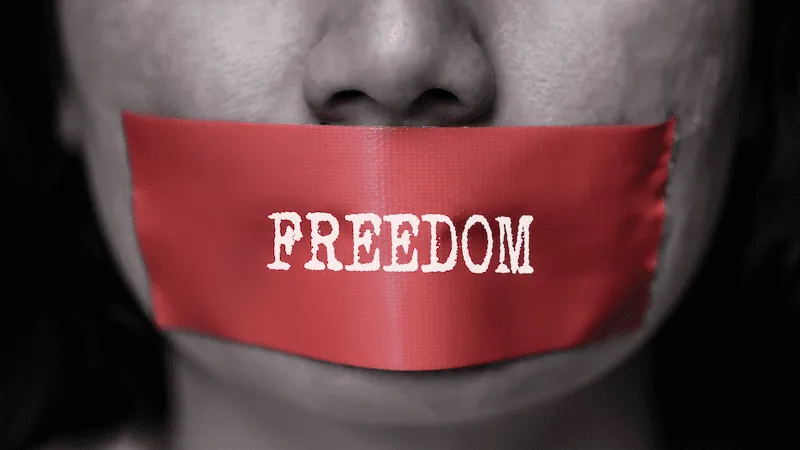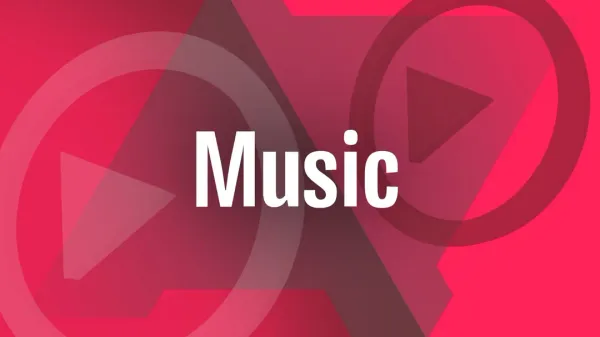The Online Safety Trojan Horse: How Governments Are Quietly Sliding Toward Digital Totalitarianism

In recent years, governments across the world have introduced sweeping new online safety laws, claiming to protect citizens—especially children—from the dangers of the internet. While protecting vulnerable users is an undeniably noble goal, the language and scope of these laws reveal a darker, more authoritarian undercurrent: the slow, calculated erosion of digital freedom.
Behind terms like “online safety,” “harmful content,” and “trusted flaggers” lies a blueprint for unprecedented state control over what we say, see, and share online.
🧩 The Illusion of Safety: What These Laws Really Do
Online safety acts vary by country, but they often share a few core features:
- Vague definitions of “harmful content.” This includes not just illegal material like child exploitation, but also “legal but harmful” speech—an ominous and legally slippery category.
- Mandatory content moderation. Platforms are pressured or required to proactively remove flagged content—even before a human sees it.
- Government-appointed regulators or “trusted flaggers.” These bodies can order takedowns or penalize companies for not acting quickly enough.
- Mass data retention and surveillance mandates. Companies may be forced to scan private messages, break encryption, or log user activity in ways that compromise privacy.
While the stated goal is to keep users—especially minors—safe from harassment, extremism, or exploitation, the net result is more censorship, more surveillance, and less accountability.
🌍 A Global Pattern: From the UK to Australia to the EU
This trend isn’t isolated. Across liberal democracies and authoritarian regimes alike, governments are converging on similar models of digital control.
🇬🇧 United Kingdom: The Online Safety Act
The UK’s Online Safety Act gives Ofcom (a government regulator) sweeping powers to demand removal of “harmful” content and even criminalizes tech executives who don’t comply. Encryption-breaking “client-side scanning” is on the table—threatening the privacy of apps like WhatsApp and Signal.
🇦🇺 Australia: The Online Safety Bill
Australia’s eSafety Commissioner can now order removal of content globally—even content hosted outside Australia—if deemed “harmful.” There is no clear appeals process and very little judicial oversight.
🇪🇺 European Union: The Digital Services Act (DSA)
While the EU’s DSA promotes transparency, it also mandates strict moderation and empowers regulators to penalize platforms for “systemic risks” like misinformation—again, a dangerously vague term.
🇨🇳 China: The Blueprint Taken to the Extreme
China, of course, offers the most extreme version of this system: total surveillance, real-name registration, and algorithmic censorship. While Western governments claim to oppose Chinese-style digital authoritarianism, their own laws increasingly echo its mechanisms—just with friendlier branding.
🔍 Why “Legal but Harmful” Is a Dangerous Slippery Slope
One of the most concerning aspects of these laws is the criminalization or forced suppression of “legal but harmful” content. This term is intentionally broad and subjective. It can be stretched to cover:
- Dissenting political opinions
- Whistleblowing
- Satire
- Controversial scientific debates
- Journalistic reporting
Once the state decides what is “harmful,” free speech becomes conditional, not a right. And when algorithms are trained to pre-emptively remove content, due process vanishes entirely.
🧠 Psychological Framing: The “Think of the Children” Tactic
Politicians and regulators often invoke children’s safety to justify these laws. This is emotionally powerful—but intellectually dishonest. While child protection is vital, the same powers used to stop child abuse material can also be used to silence activists, journalists, or political dissidents.
It’s a classic case of the “boiling frog” effect: the public is softened with emotionally charged but narrowly scoped examples, and before long, the same laws are applied much more broadly.
📡 Surveillance Capitalism Meets State Power
These laws also push tech companies into becoming quasi-governmental enforcers. Platforms like Meta, Google, and TikTok are incentivized to over-moderate and over-surveil, lest they face huge fines or criminal charges.
This creates a chilling alliance between corporate and state power:
- Governments set the vague rules.
- Corporations over-enforce to protect themselves.
- Users lose both privacy and freedom of expression.
Worse, the entire moderation system becomes opaque, with no clear avenues for appeal or accountability. Ordinary users are left guessing why their posts were deleted, their accounts banned, or their messages flagged.
🛡️ The Case for Digital Freedom and Resistance
It’s tempting to dismiss these concerns as alarmist. But history shows that powers granted in times of fear or moral panic are rarely rolled back. Once governments gain the ability to dictate what is seen, said, or shared online, the temptation to use it politically becomes overwhelming.
We must insist on:
- Strict definitions of harm.
- Judicial oversight and appeals processes.
- Protection of encryption and private communications.
- Transparency in moderation algorithms and takedown orders.
- Public debate about the long-term consequences of online safety laws.
The goal should be digital safety without digital authoritarianism—a balance that is absolutely possible but politically inconvenient.
🧭 Final Thoughts: The Danger of “Good Intentions”
Many of these laws are passed with good intentions. But the road to digital authoritarianism is paved with well-meaning but vague legislation, rushed through under public pressure, and weaponized by those in power.
Freedom of speech is not absolute—but it must not be handed over wholesale to governments or corporations. The digital public square is the new frontier of democracy, and if we let “safety” become a euphemism for control, we may wake up one day in a world where you are free to speak—but only if the state agrees with you.
📢 Stay Informed. Stay Skeptical. Stay Free.
We must question every law that gives governments the power to police speech—especially when it’s done in the name of safety. A truly safe internet is one where individuals are protected, but ideas are not policed.

